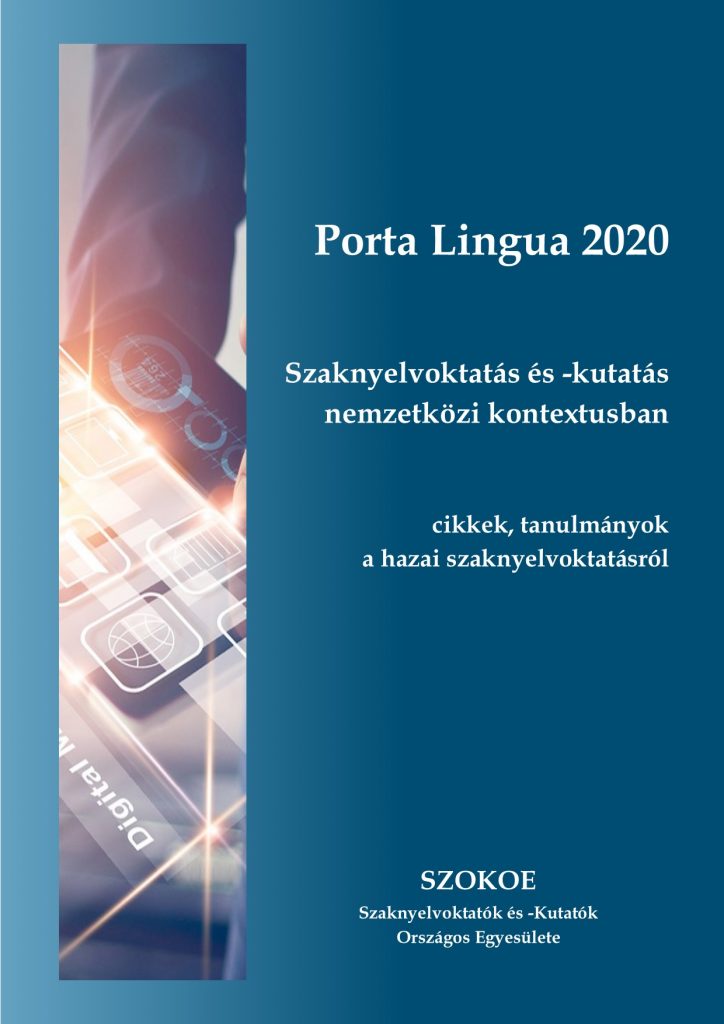Fekete Judit - Eklics Kata
Medical improvisation facilitating development of students’ confident responses
In: Bocz, Zs. – Besznyák, R. (eds) (2020): Porta Lingua 2020. Szaknyelvoktatás és -kutatás nemzetközi kontextusban. Cikkek, tanulmányok a hazai szaknyelvoktatásról. SZOKOE: Budapest. 273-278
DOI: https://doi.org/10.48040/PL.2020.22
Absztrakt
This study was conducted to examine doctor–patient and interprofessional communication skills, particularly self-awareness, listening to others, collaborative communication, assertiveness, and sharing responsibility and power in communication in simulated situations in which medical students would be expected to face problems dealing with difficult situations involving patients. The students, all proficient in English, were enrolled in a MediSkillsLab class. Three of the 15 students participating in the study came from Korea, one from Iran, one from Jordan and the rest of the students were from Norway. Most students were beyond their third year of medical school training. With the help of the new method used in this course, referred to as “medical improv”, we aimed to assess and compare which communication skills are more universally improvable based on using various improvisation techniques and methods regardless of ethnical and cultural backgrounds. Our goal was not to create a piece of “theater”, rather to use medical improv within clinical and educational settings, in which students could practice in a safe environment. The final section of this paper explores the implications of the study, especially the hypothesis that applied improvisation drastically improves communication skills of medical students coming from diverse ethnical and cultural backgrounds.
Keywords: communication skills, doctor–patient communication, empathy, health care, medical improvisation


 Porta Lingua 2020
Porta Lingua 2020